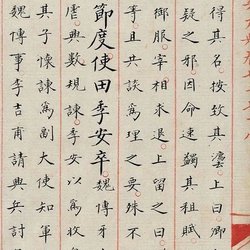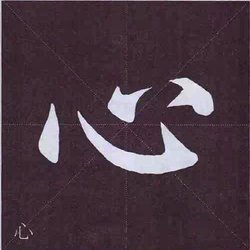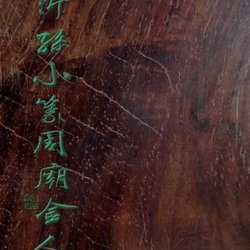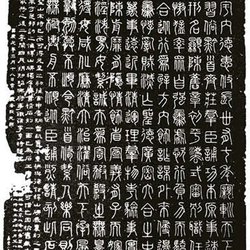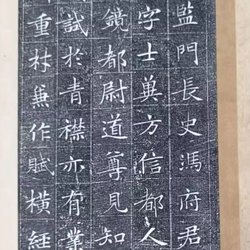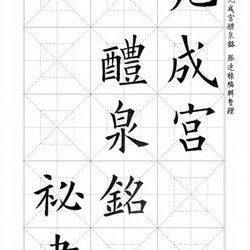The Kuaiji Carving Stone is a relic from Qin Shihuang’s eastward tour more than 2,000 years ago. Among the several far-reaching carved stones left by Qin Shihuang’s eastward tour, the Kuaiji Carving Stone is the last one. It was during that eastern tour that Qin Shihuang died of illness, so it also became the last memory among Qin Shihuang's engraved stones. Regarding this, there is a clear record in "Historical Records": "Going up to Kuaiji, offering sacrifices to Dayu, looking at the South China Sea, and erecting stone carvings in praise of Qin's virtues."
Li Si, the left prime minister, and Hu Hai, the youngest son, followed the First Emperor of Qin and traveled south to Yunmeng in October of the thirty-seventh year (210 BC). They went down the Yangtze River, climbed Mount Kuaiji, and worshiped Dayu Temple in order to look at the South China Sea. Li Si was ordered to write an essay praising the virtues of Qin, offending the six kingdoms, clarifying laws and regulations, and correcting customs. He personally wrote in small seal script, carved stones and erected stele. On the way back, this "Eternal Emperor" died of illness in the sand dunes.
This article is an inscription in terms of style, with four characters per sentence and three sentences per rhyme. Solemn and concise, it is a representative work of inscription style. The style is similar to the Yishan Stele, with neat writing and standardized structure. It is an important material for understanding the structure of Xiaozhuan. The original stone was lost before the Tang Dynasty, but a reprinted version existed in the Yuan Dynasty. The extant version is a reprint based on the Yuan reprinted version.
Appreciation of Li Si's seal script "Kuaiji Stone Carvings"
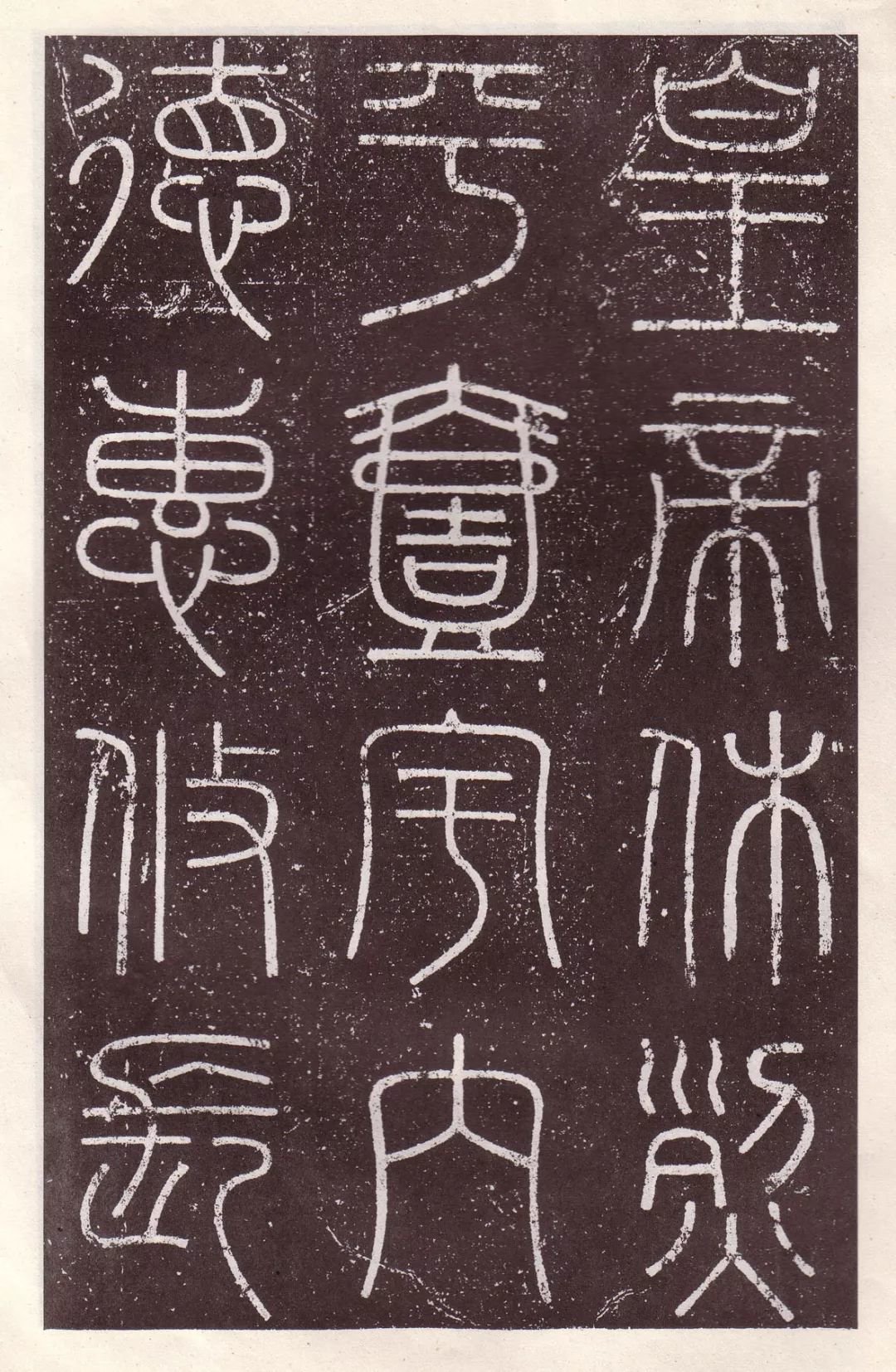
【1】The emperor Xiu Lie is in peace with the world, and his virtues and benefits are long-lasting.
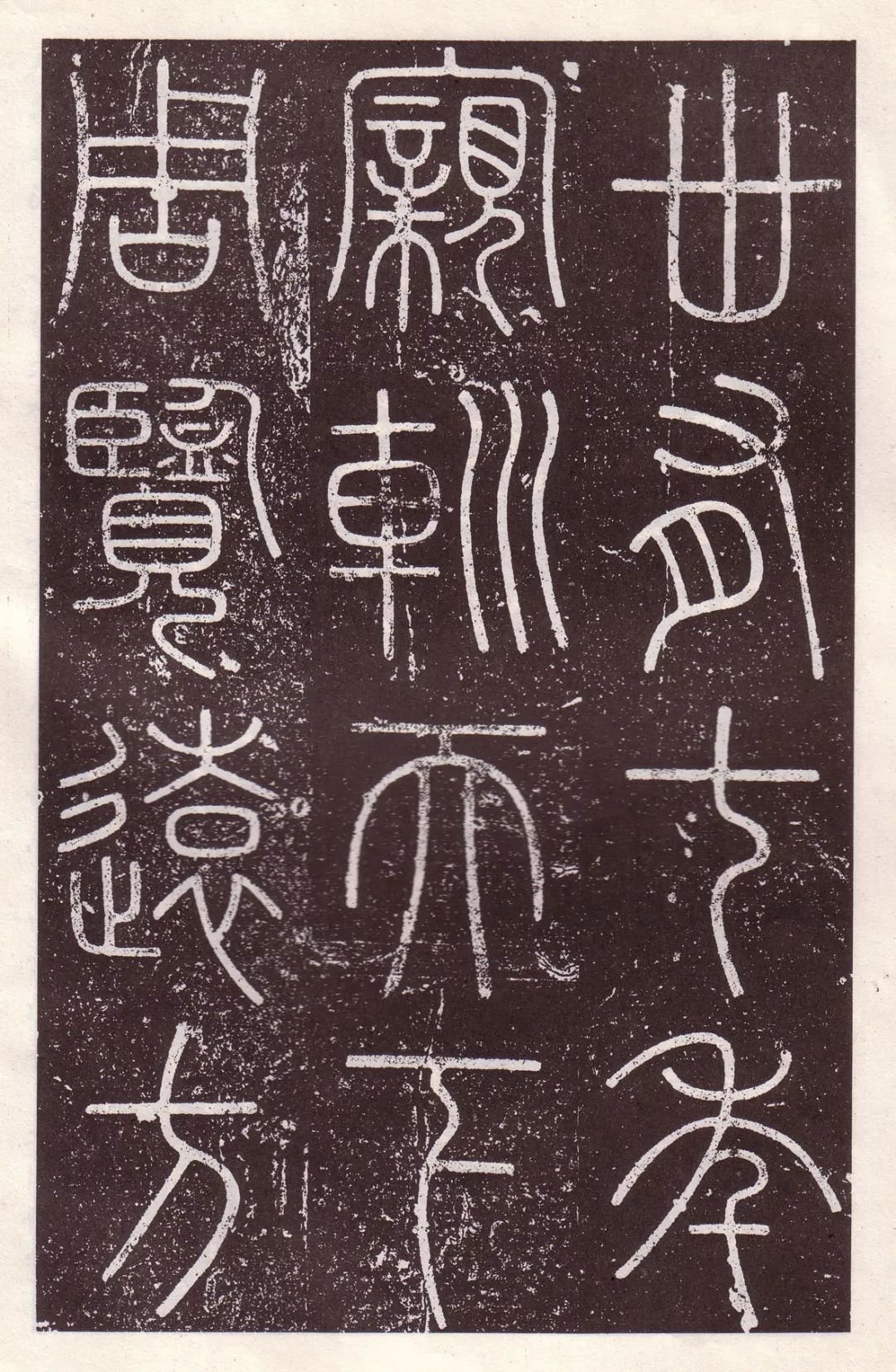
【2】In the thirty-seventh year, I personally patrolled the world and looked into the distance.
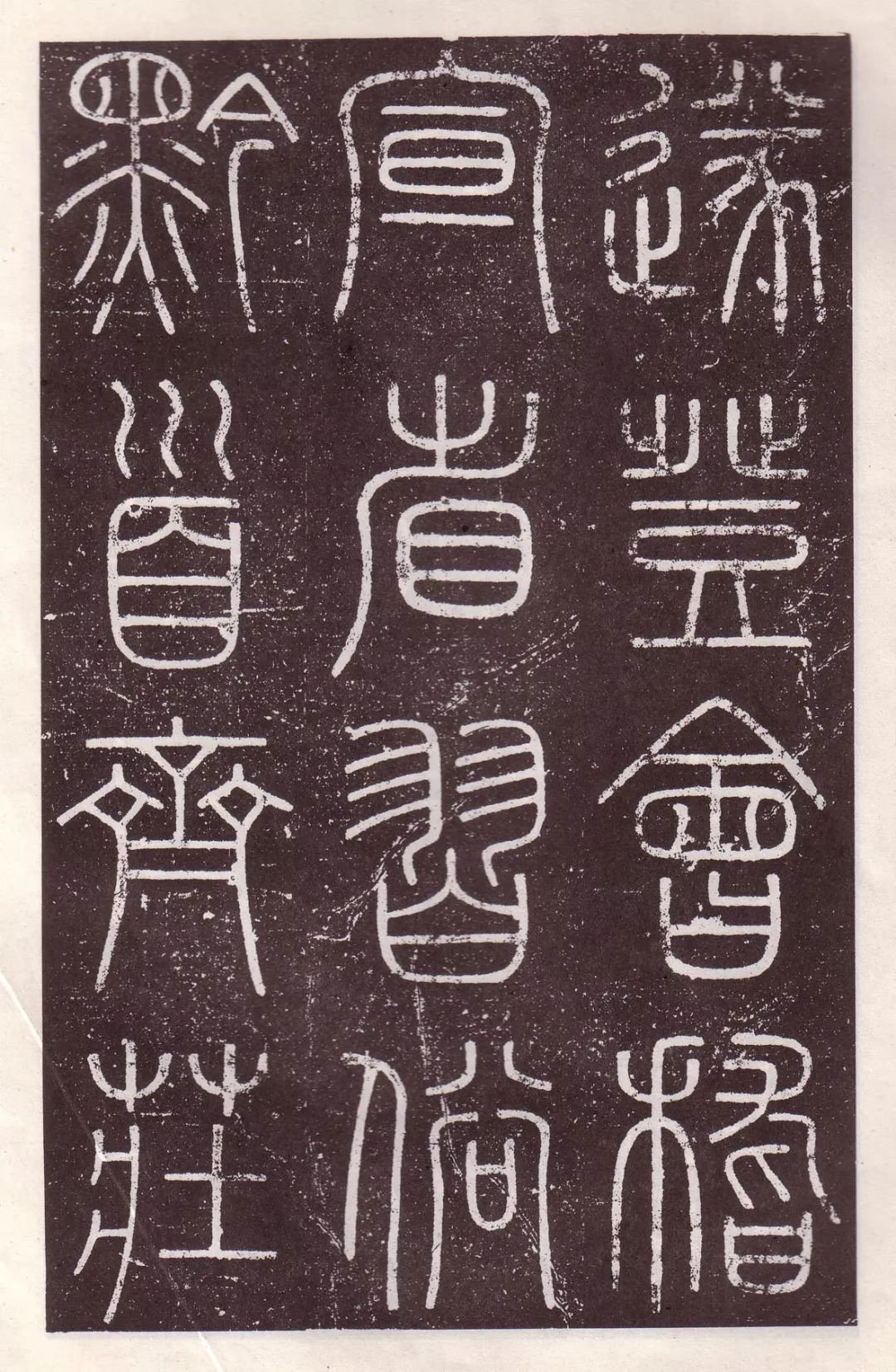
[3] Then he went to Kuaiji to spread the customs of the province and Qizhuang, the capital of Guizhou.
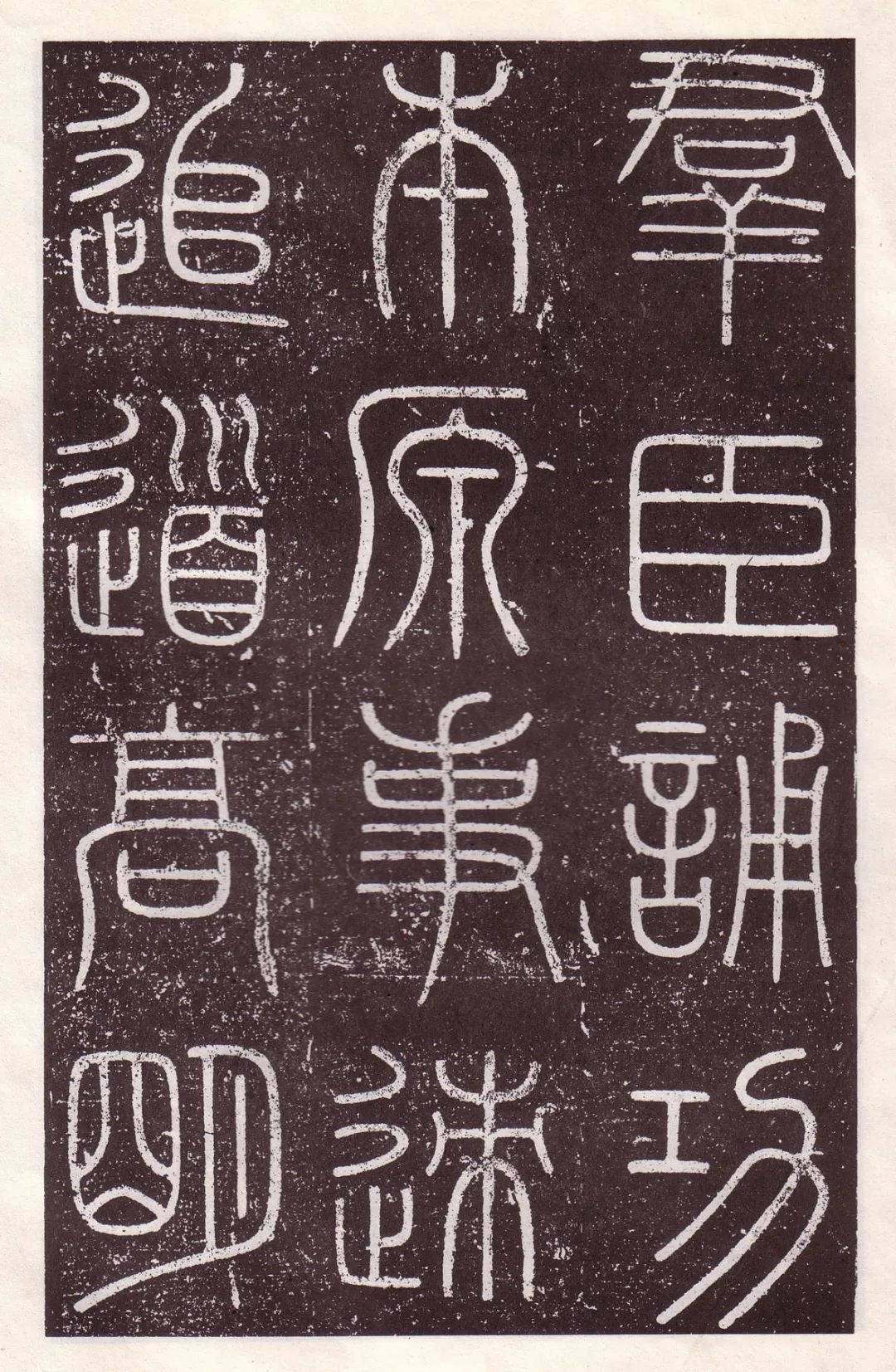
[4] The ministers recited their merits, their original deeds, and their pursuit of excellence.
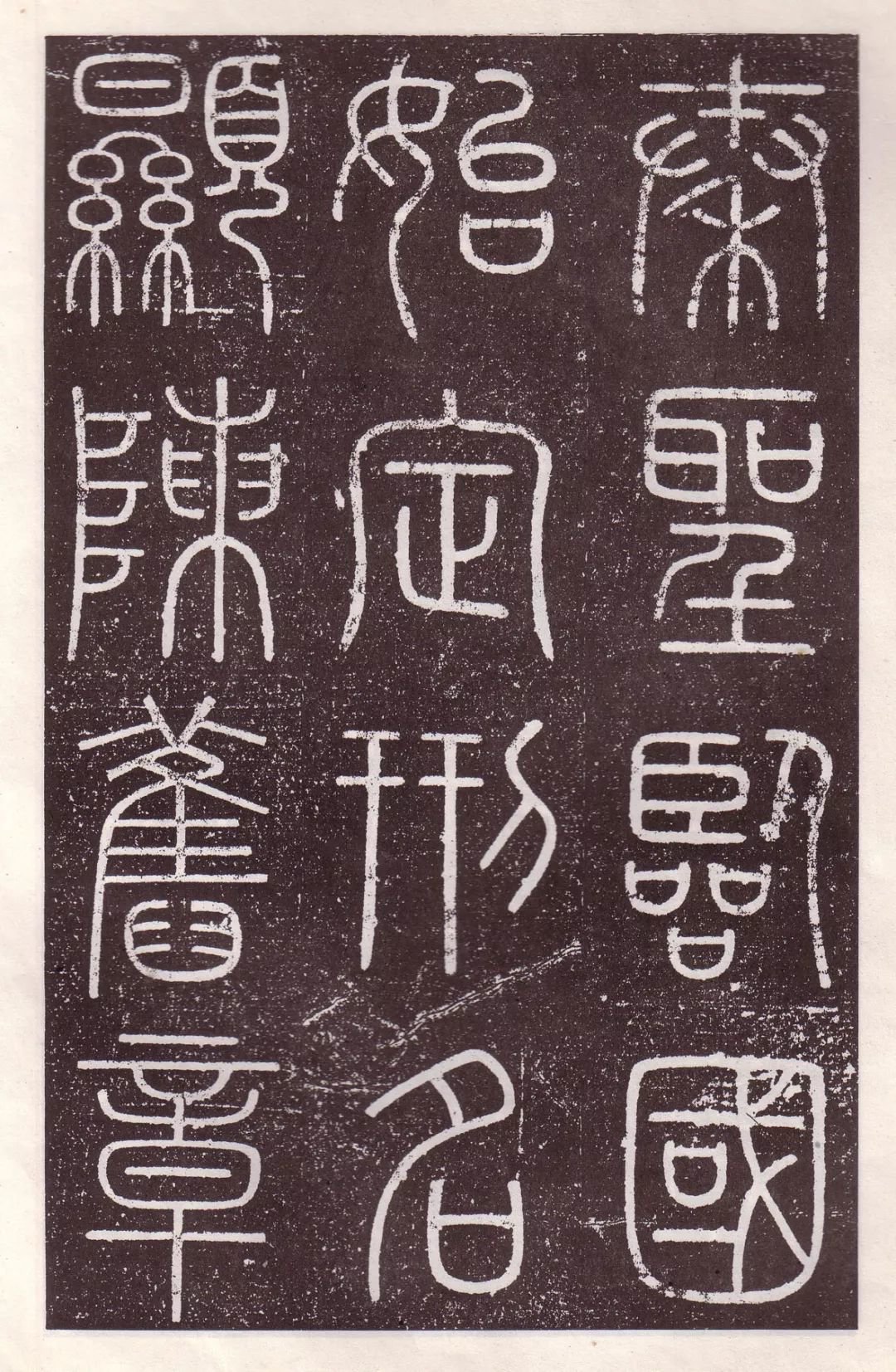
[5] When Qin Sheng came to the country, he began to determine the names of punishments, which showed an old chapter.
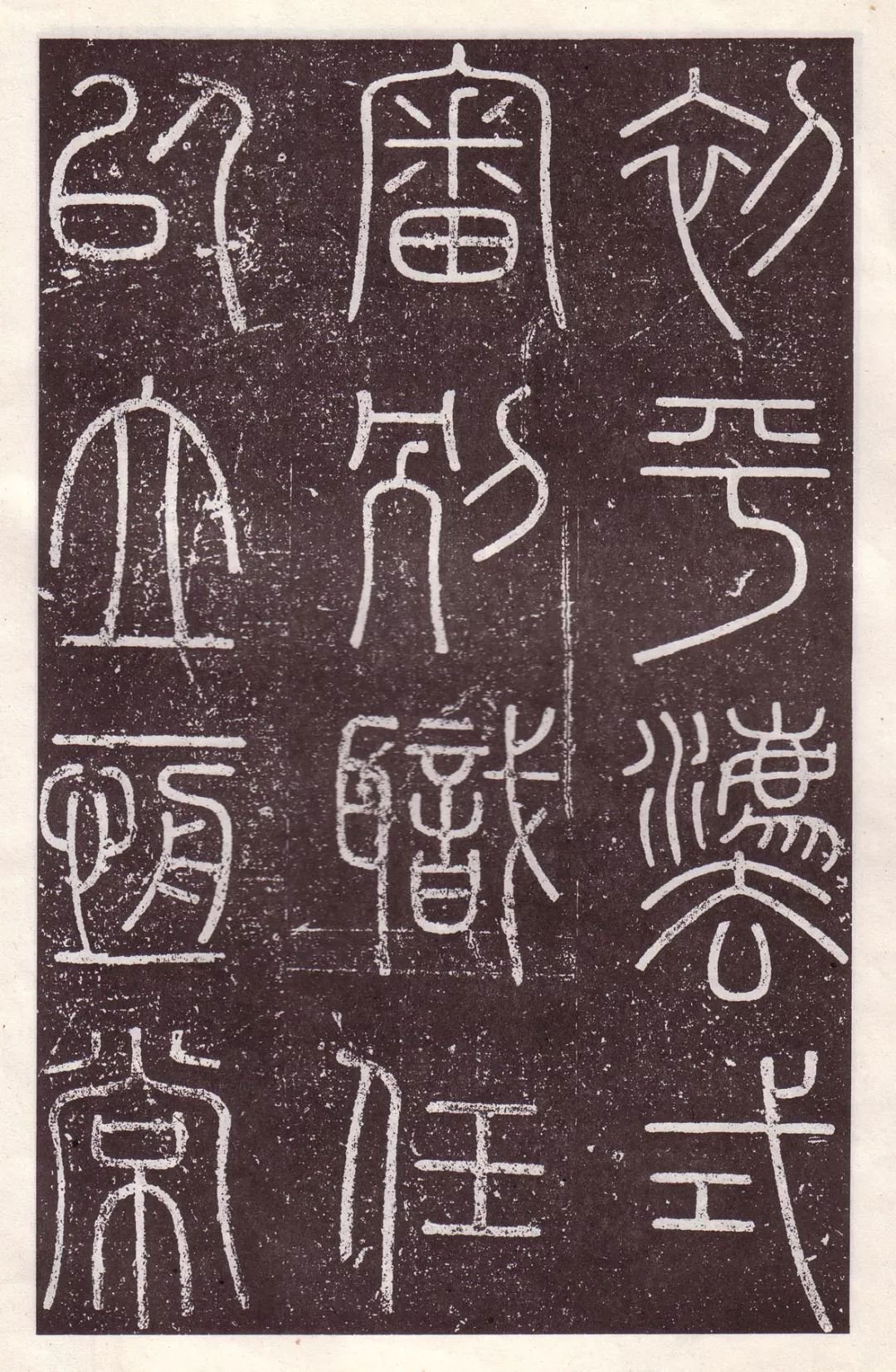
【6】In the beginning, the law was established, and the duties were reviewed to establish permanence.
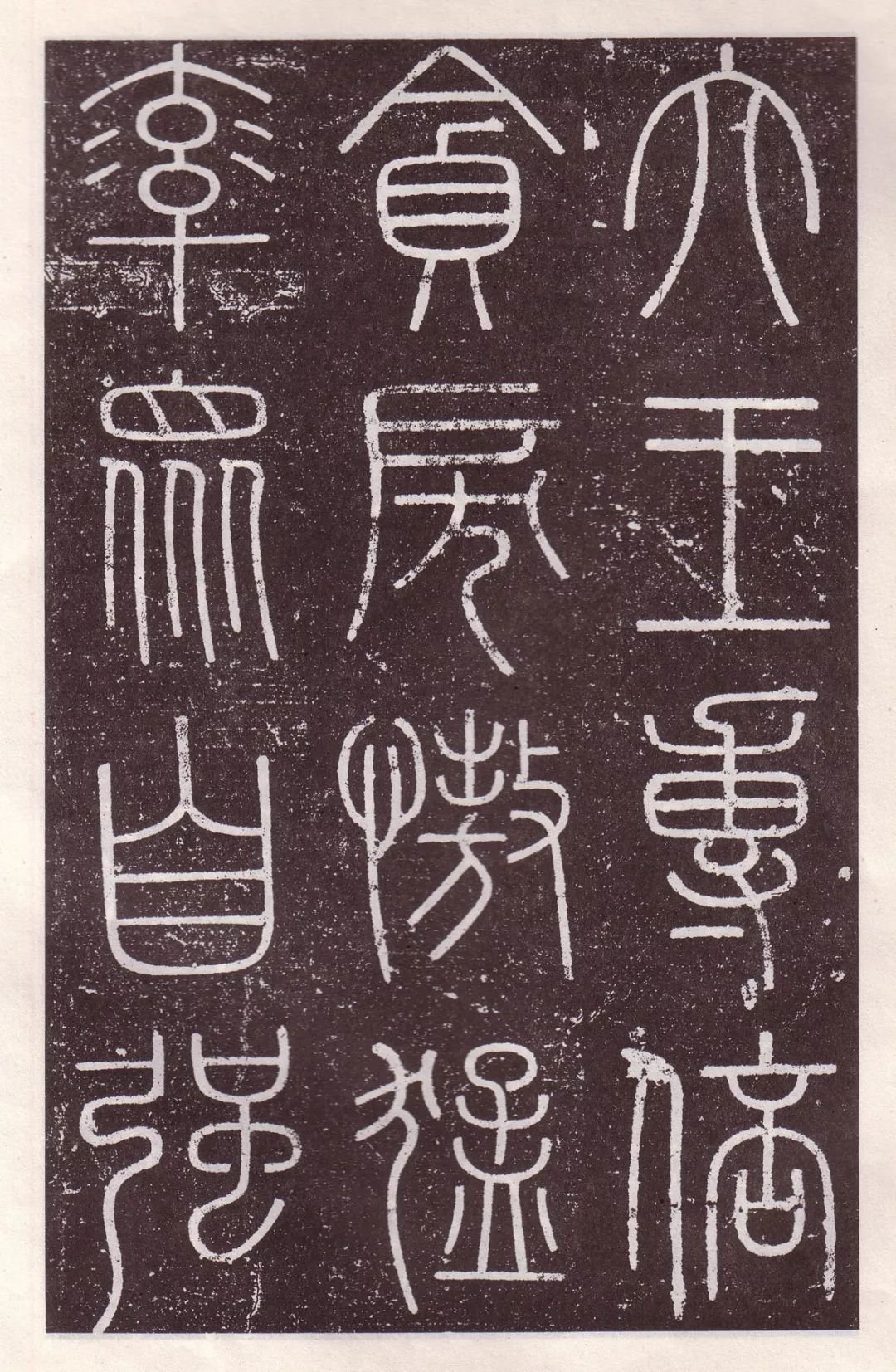
[7] The six kings are especially powerful, greedy, ruthless and fierce, leading the people to strengthen themselves.
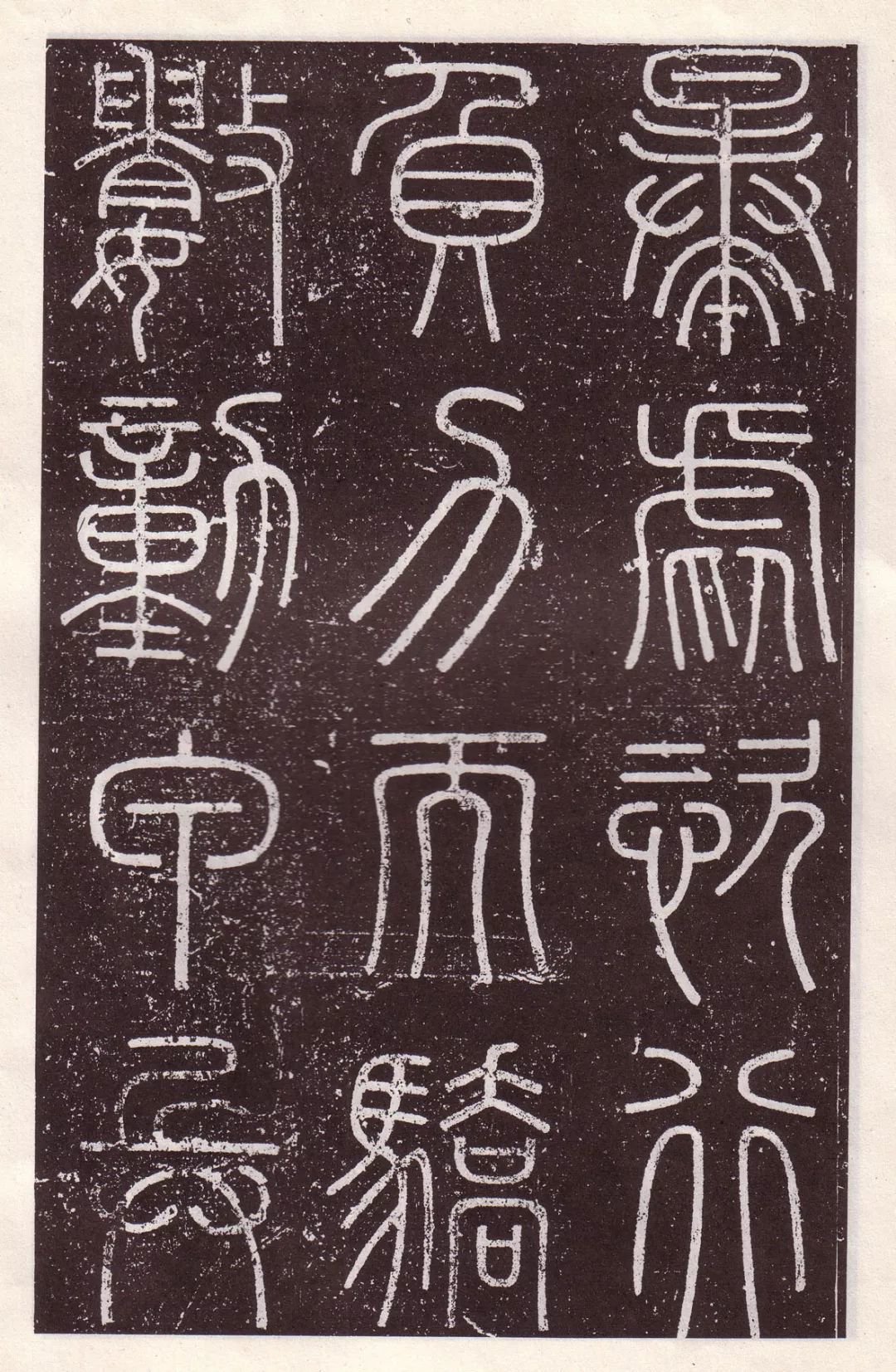
[8] Act violently and arbitrarily, being arrogant even though he has no strength to bear, and even destroying his armored soldiers.
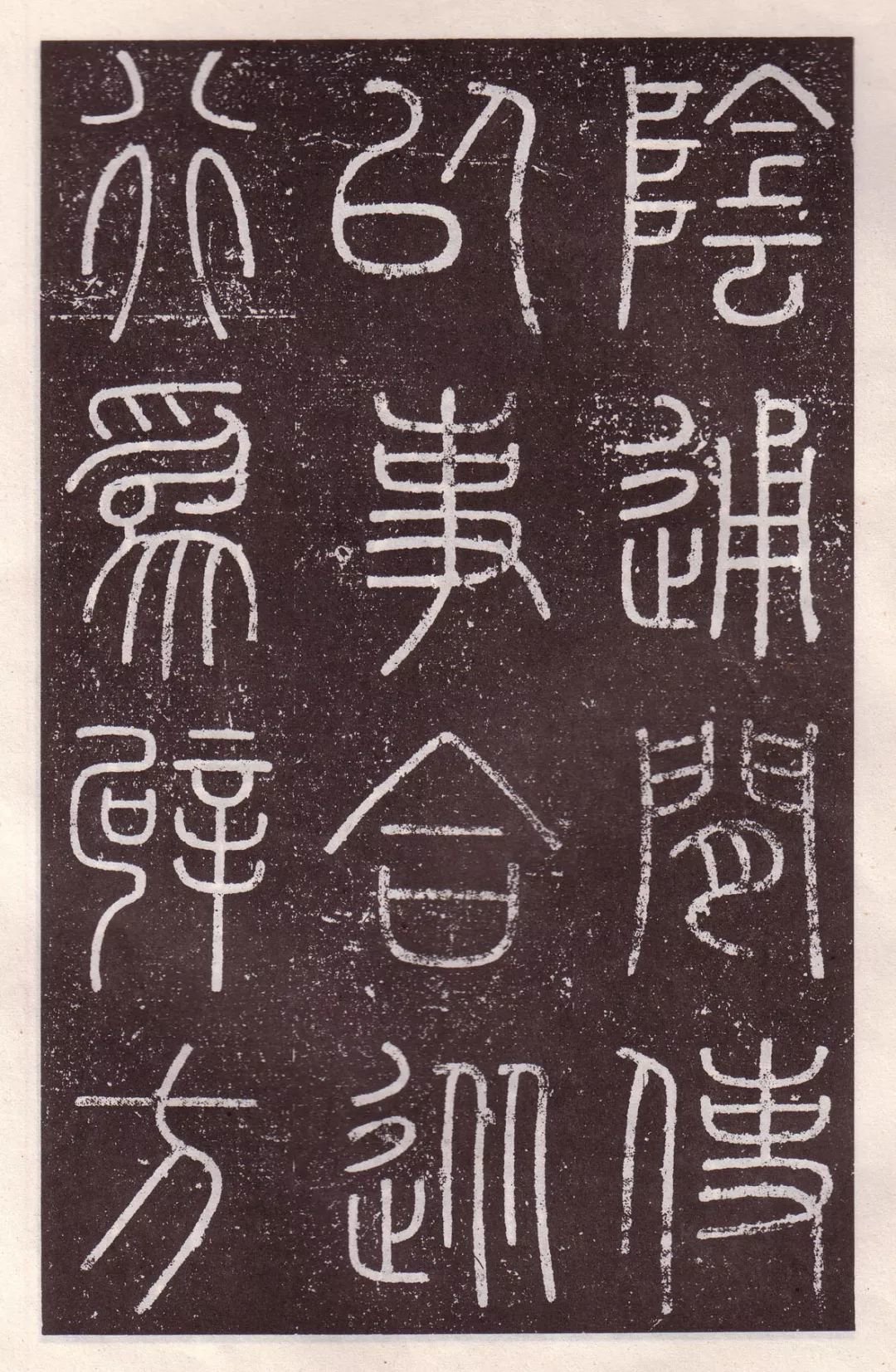
[9] Yin communicates with the messengers, and they follow things in harmony and act in a new way.
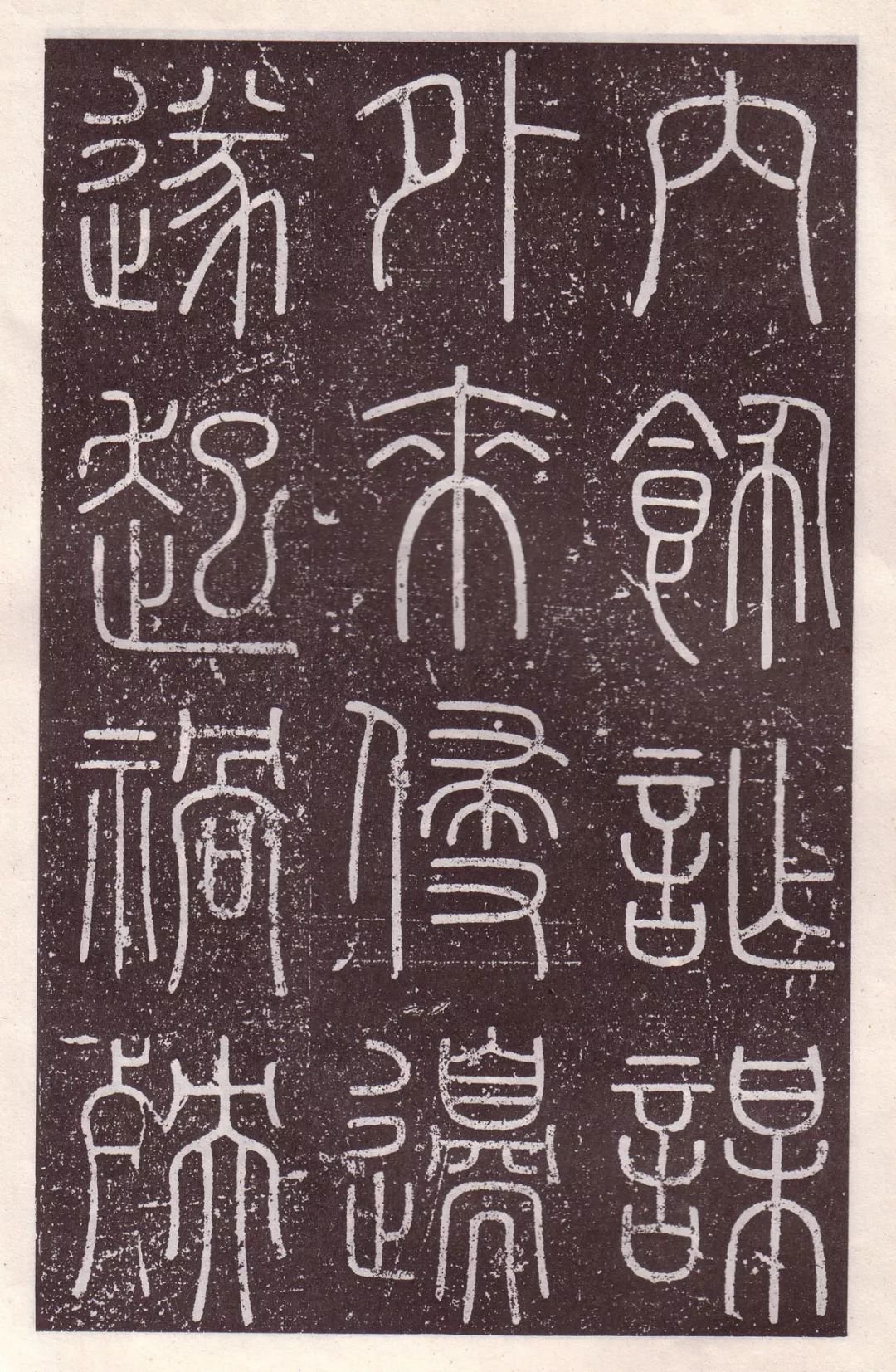
【10】The interior is deceitful, and the outside invades the border, causing disaster.
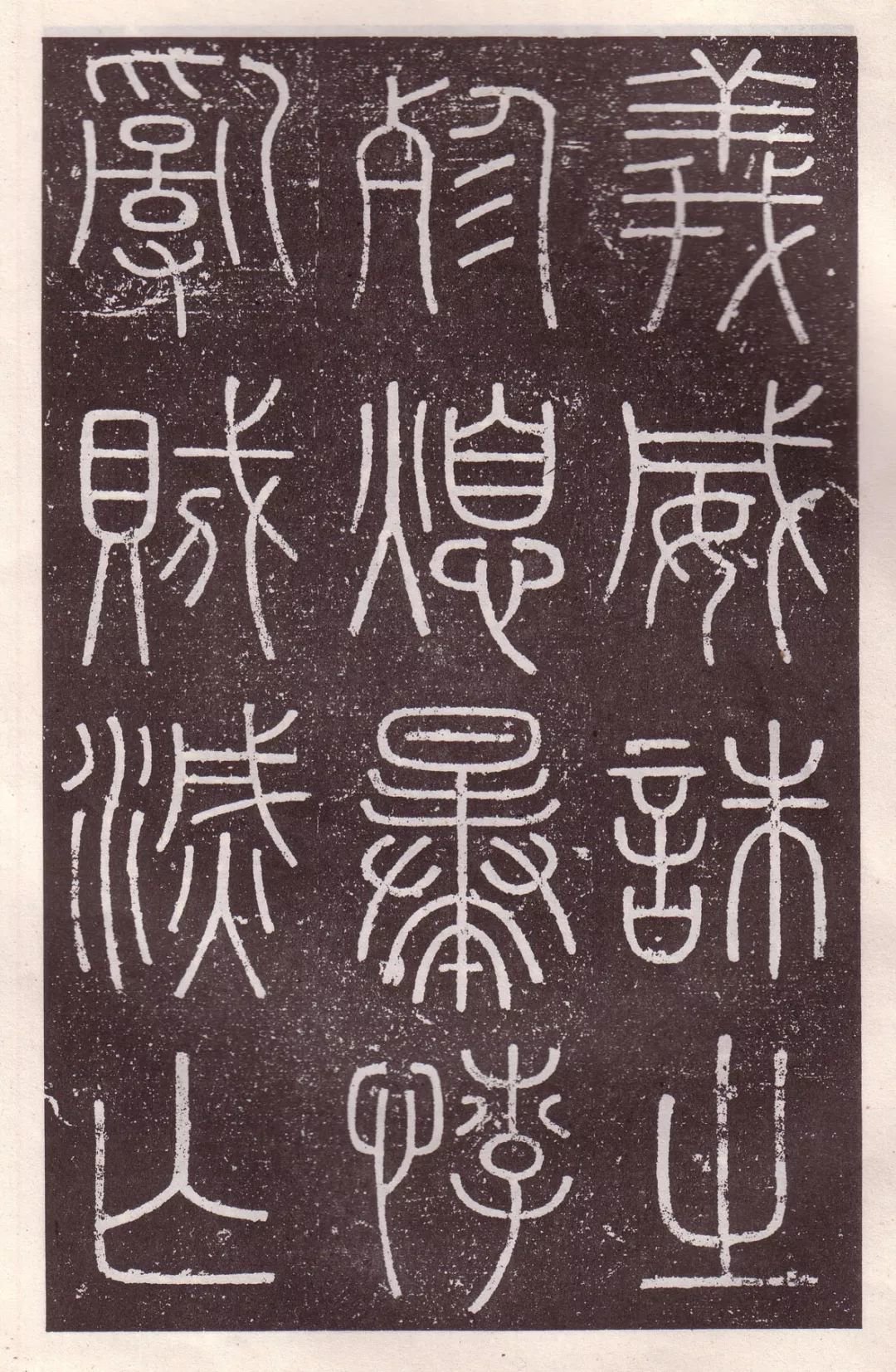
【11】Justice and power will be punished, violence and rebellion will be extinguished, and the rebels will be destroyed.
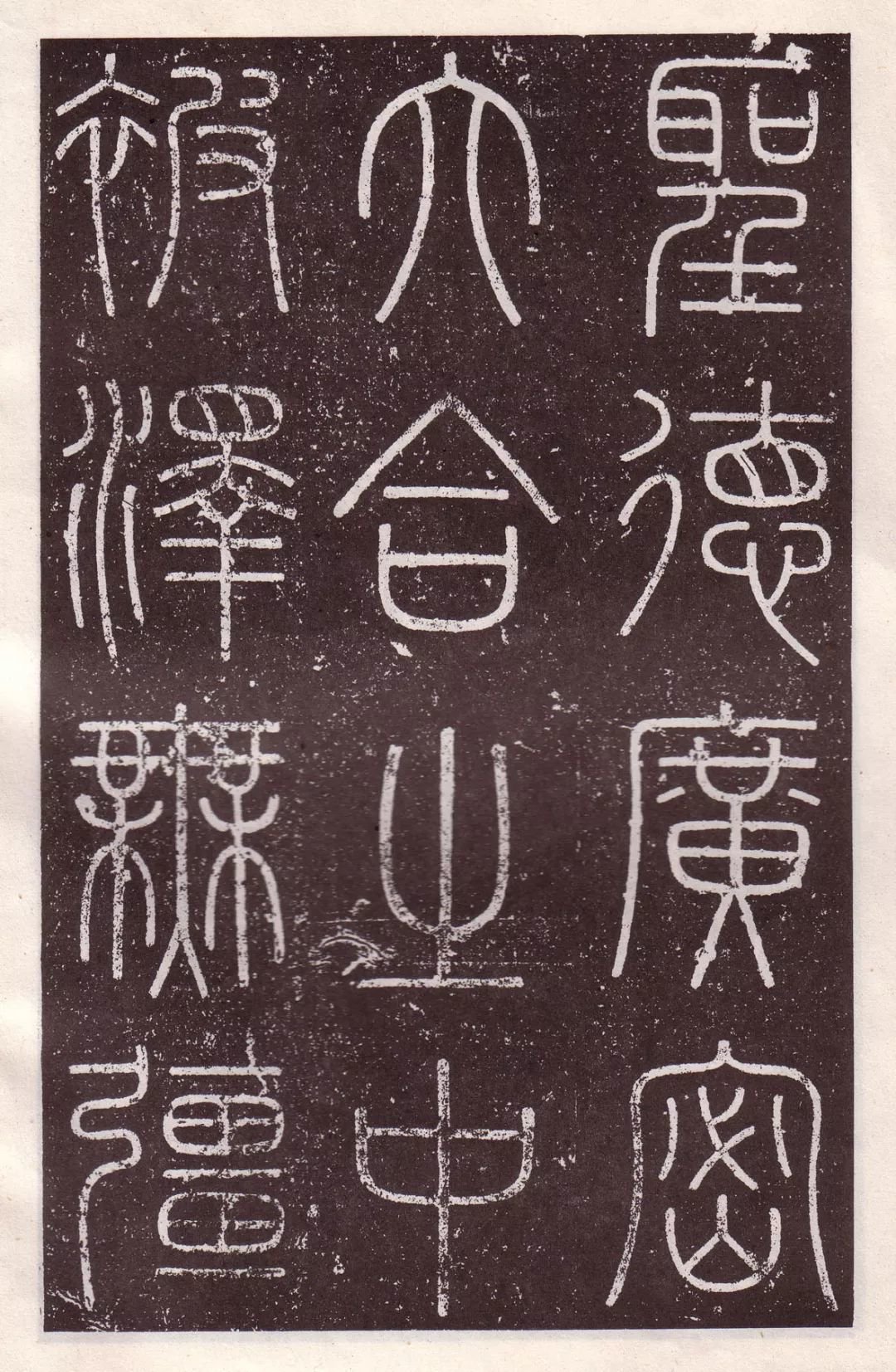
【12】Holy virtue is so vast and dense that it has no boundaries in the world.
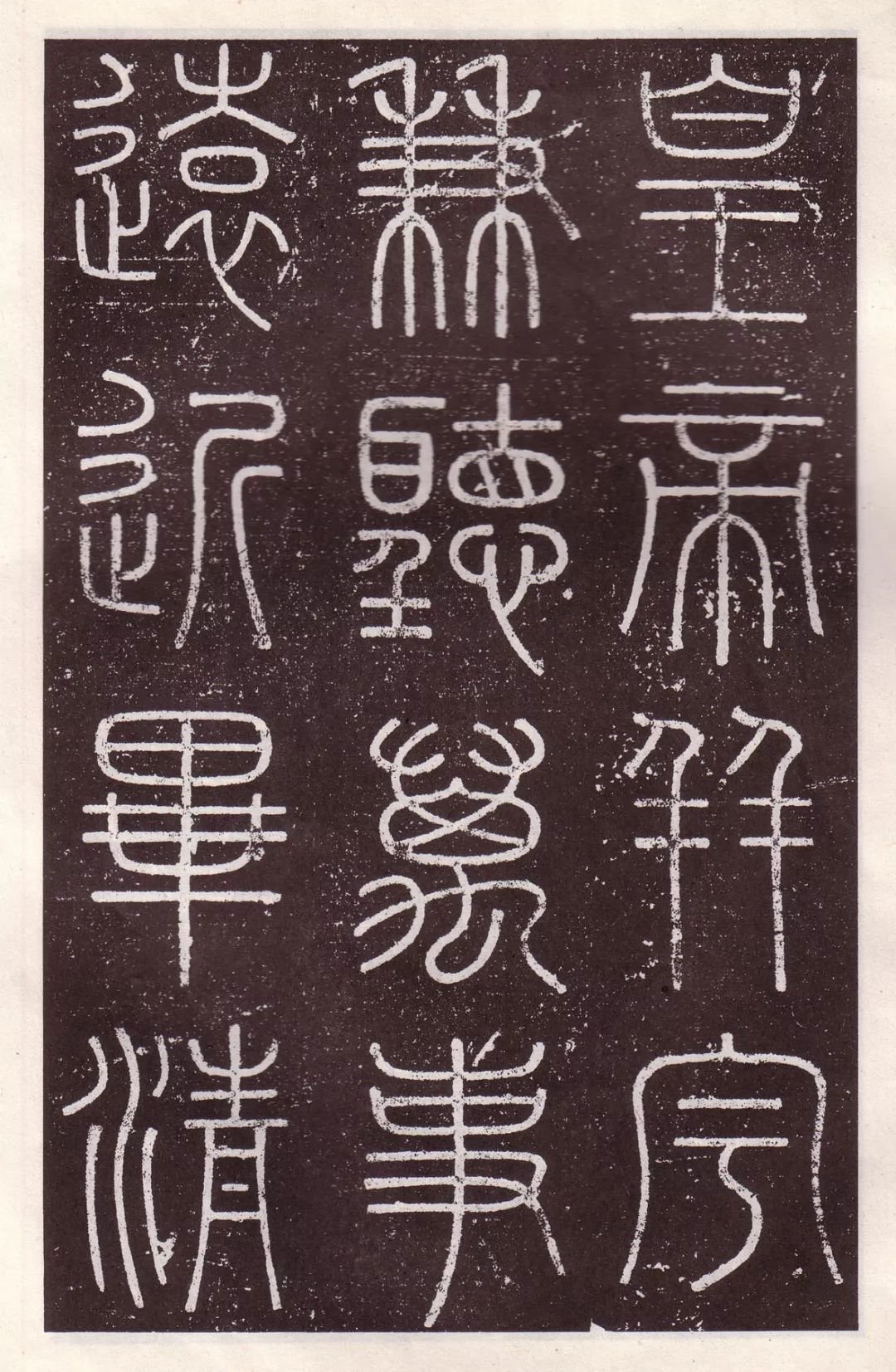
【13】The emperor is in harmony with the heavens and listens to everything. He understands everything from far to near.
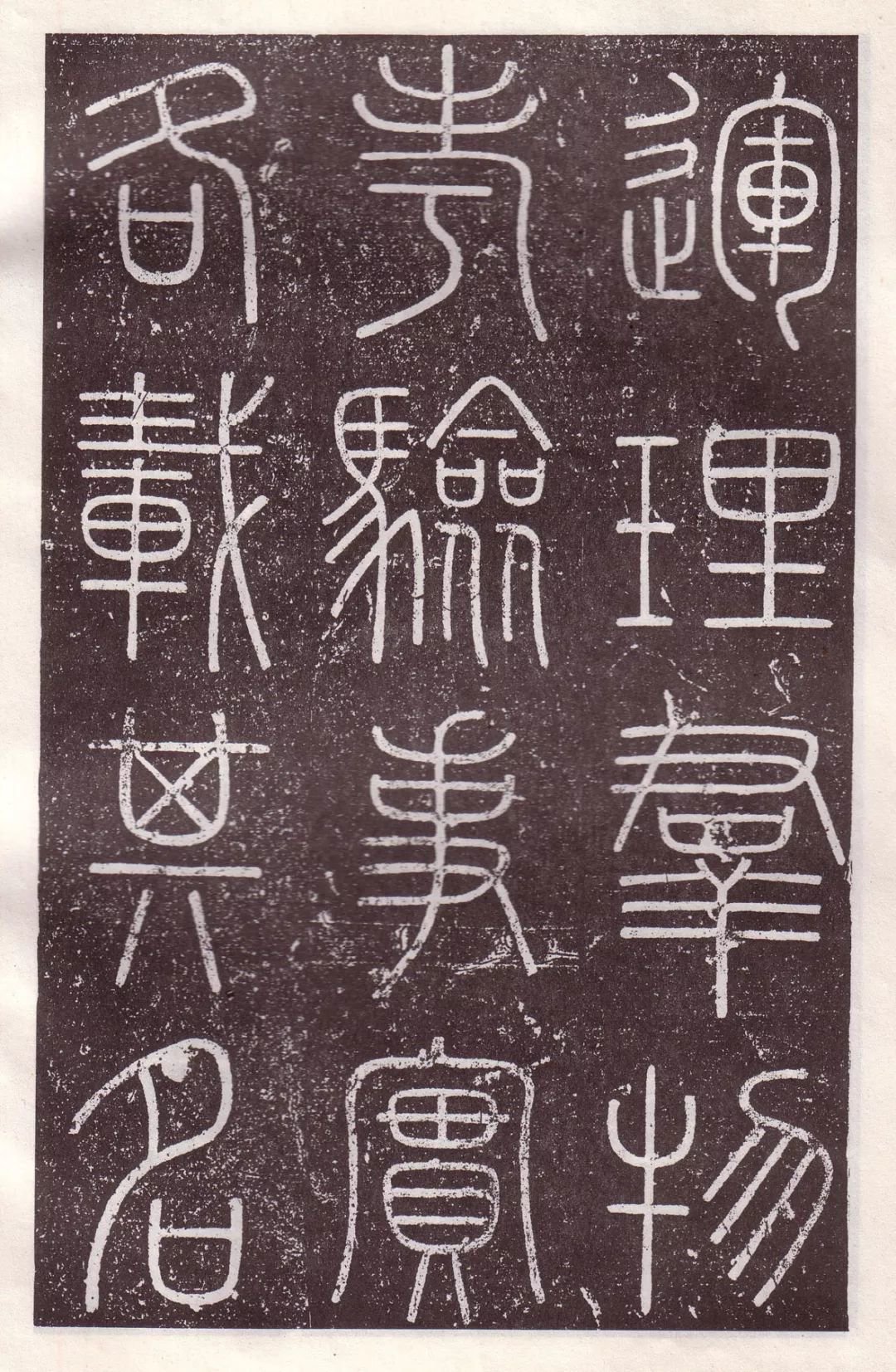
【14】Manage things, test facts, and record their names.
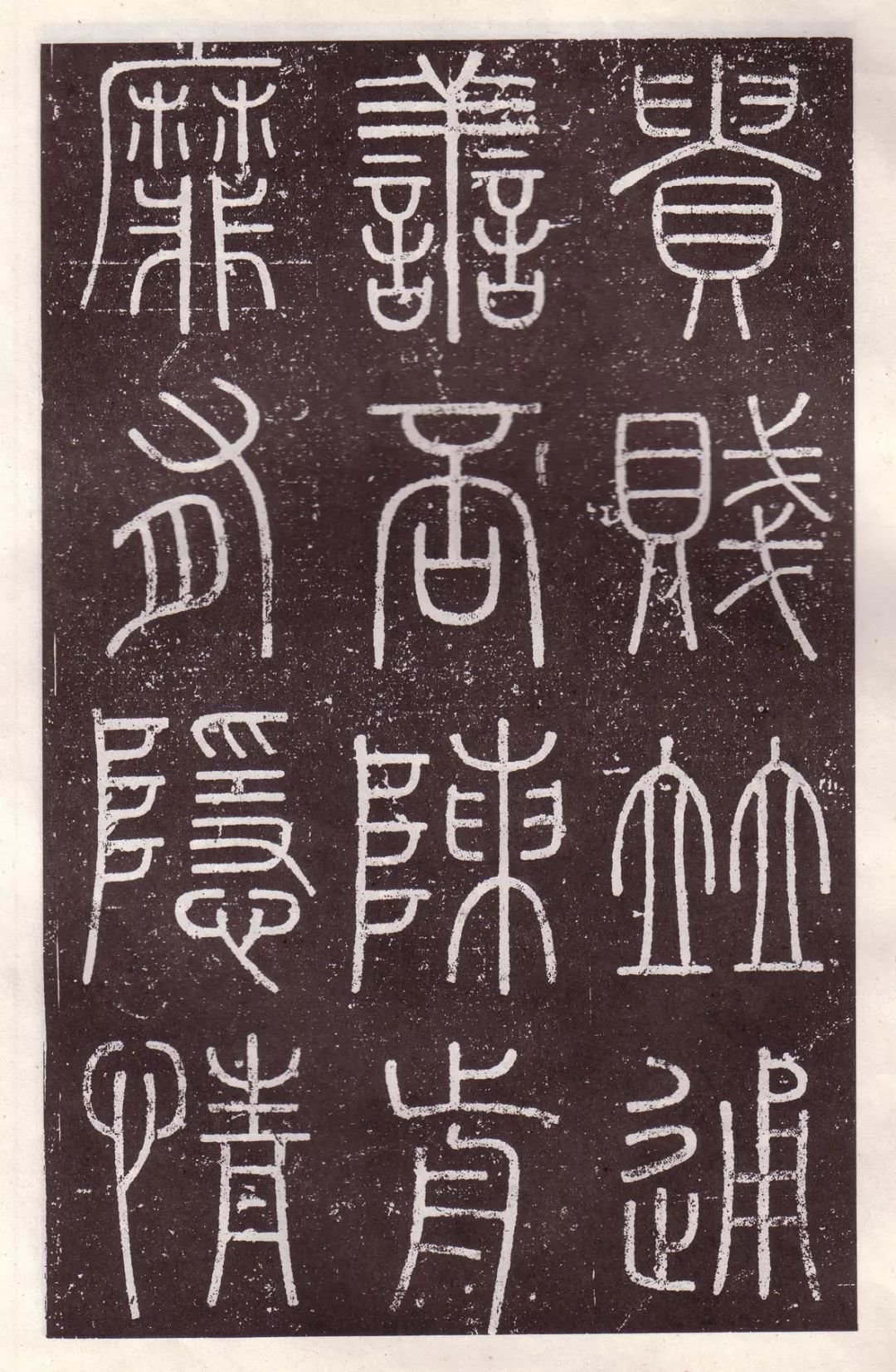
[15] The noble and the humble are both connected, good or not is revealed, and there is a hidden secret.
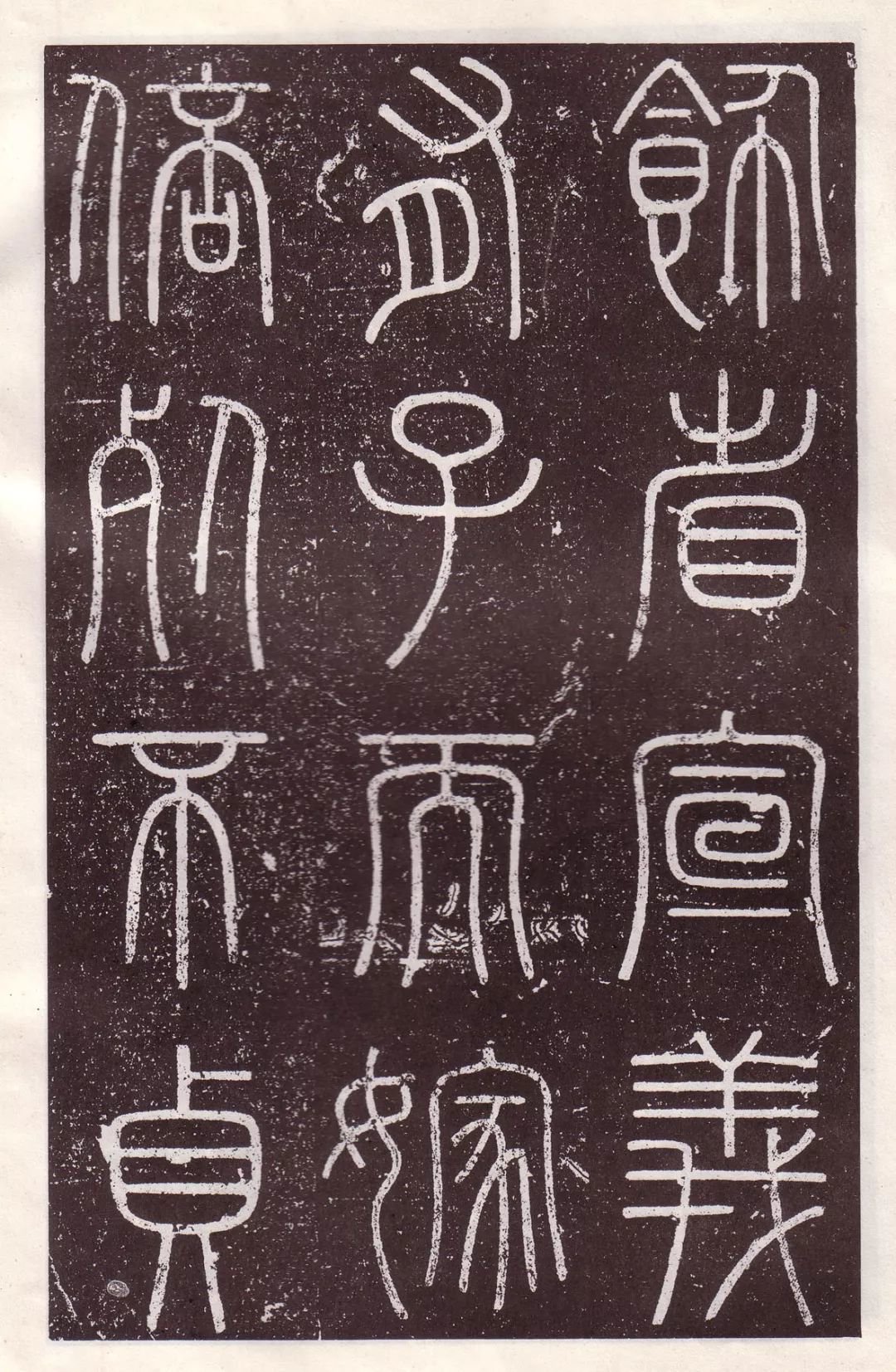
[16] Decorating the province to declare righteousness, marrying with a son is twice as unfaithful as death.
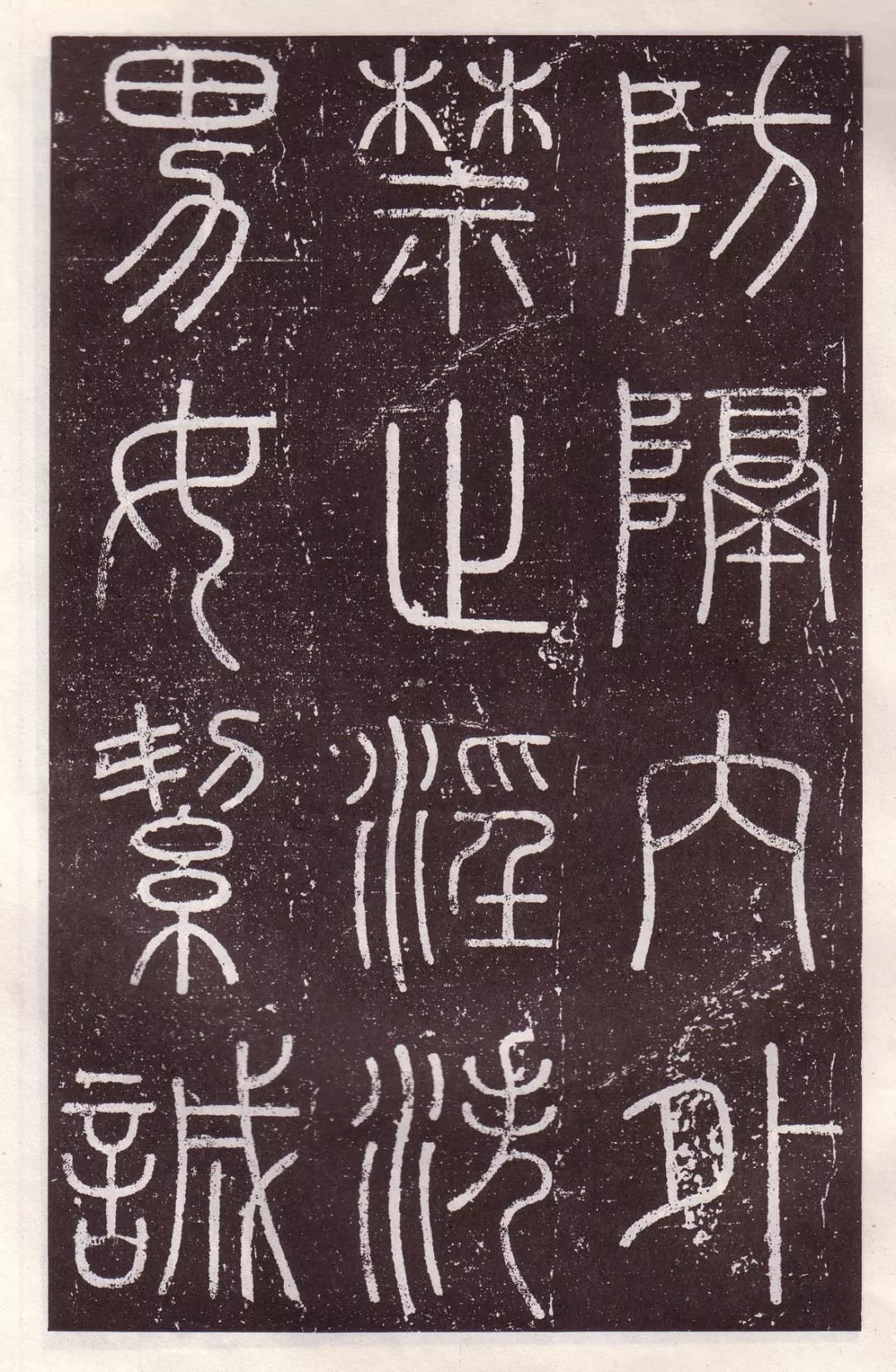
[17] Guard against separation between inside and outside, prohibit sexual intercourse, and keep men and women together sincerely.
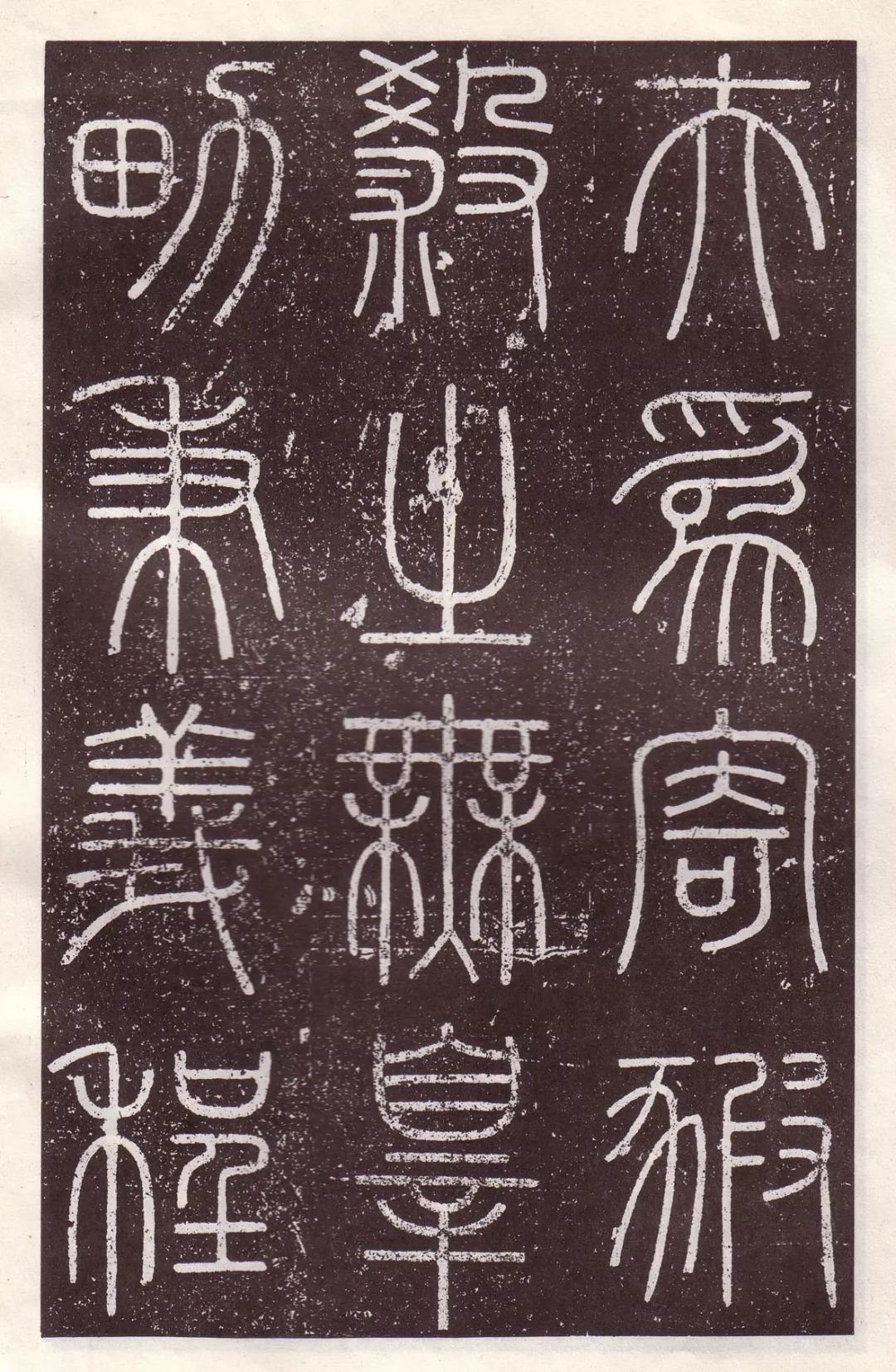
【18】The husband is a slave, and he is not guilty of killing him. The man is upholding justice.
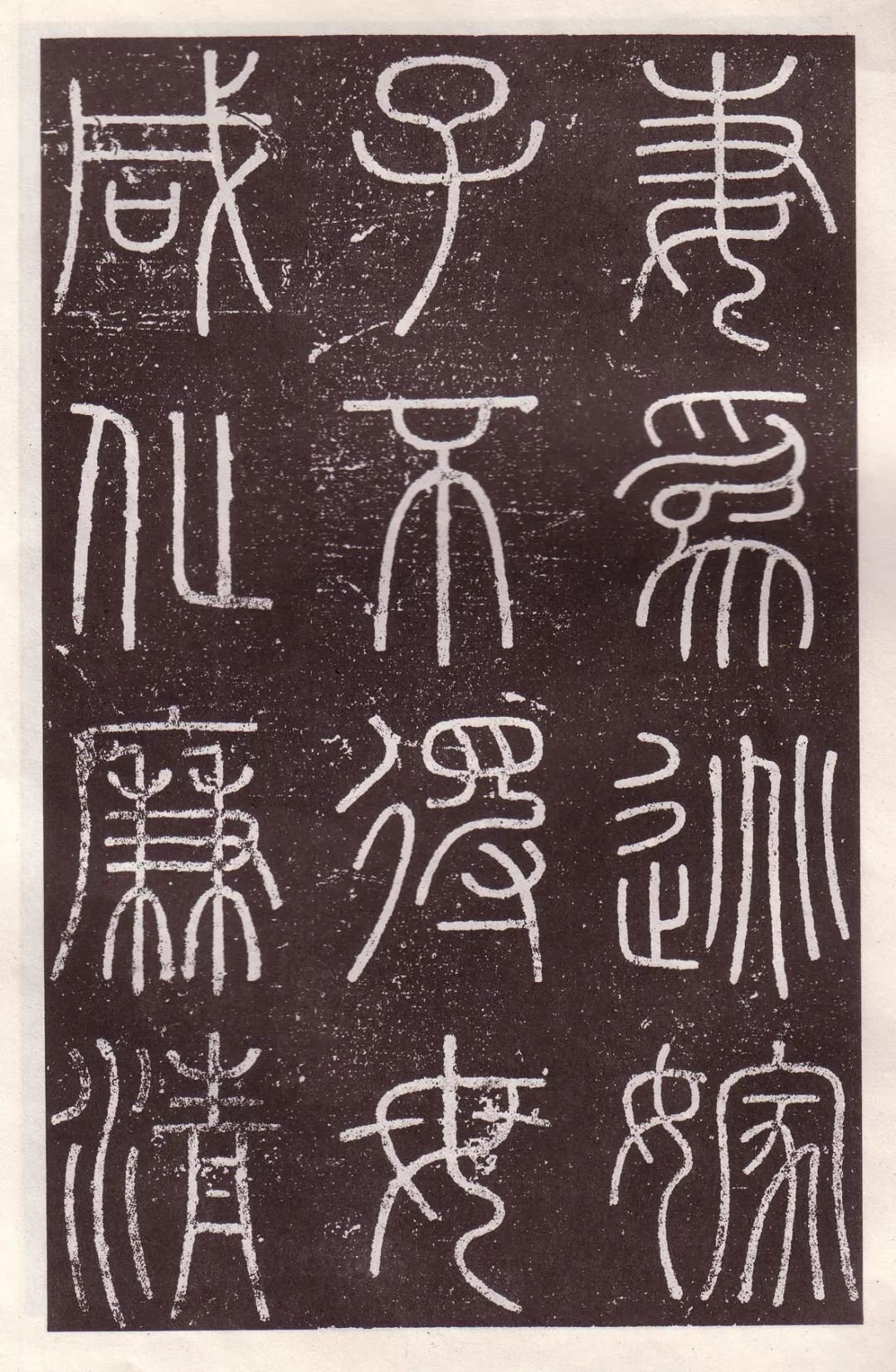
【19】The wife is running away from marriage, and the son has no mother, so he becomes incorruptible.
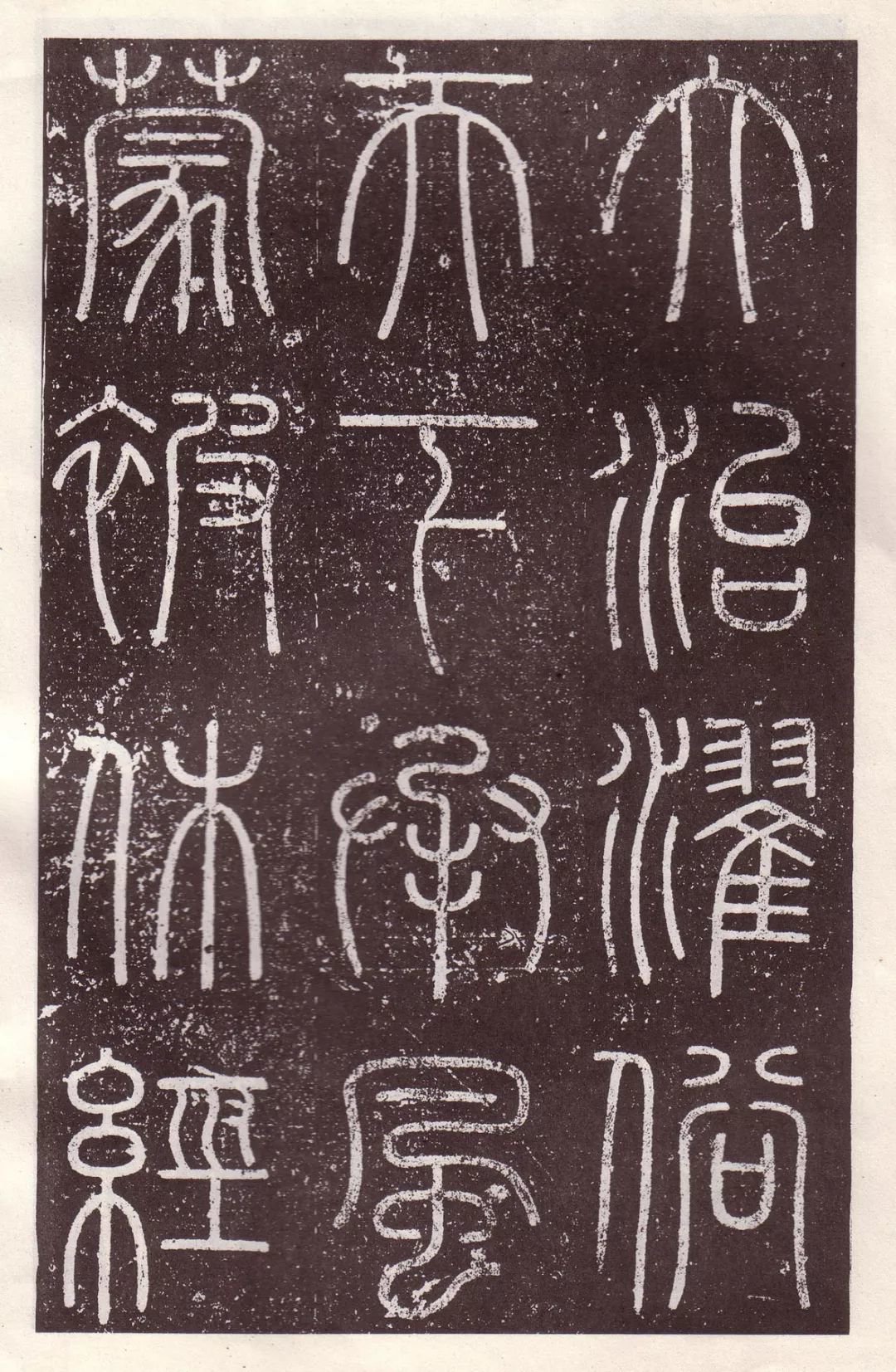
【20】The great rule of worshiping the customs, the world is carrying the wind, and Meng Meng is menopausal.
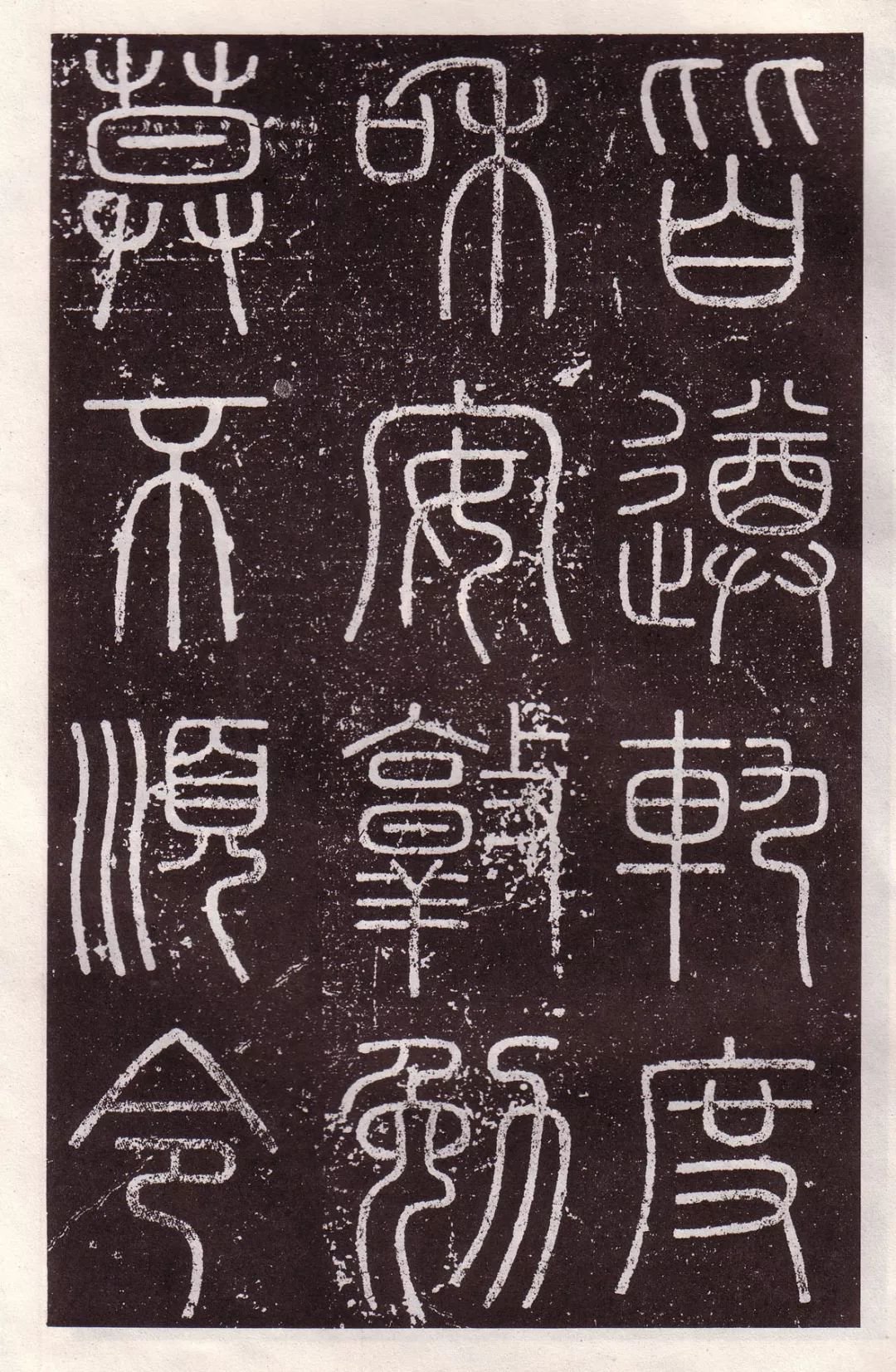
【21】Everyone obeys the rules, is harmonious and diligent, and everyone obeys the orders.
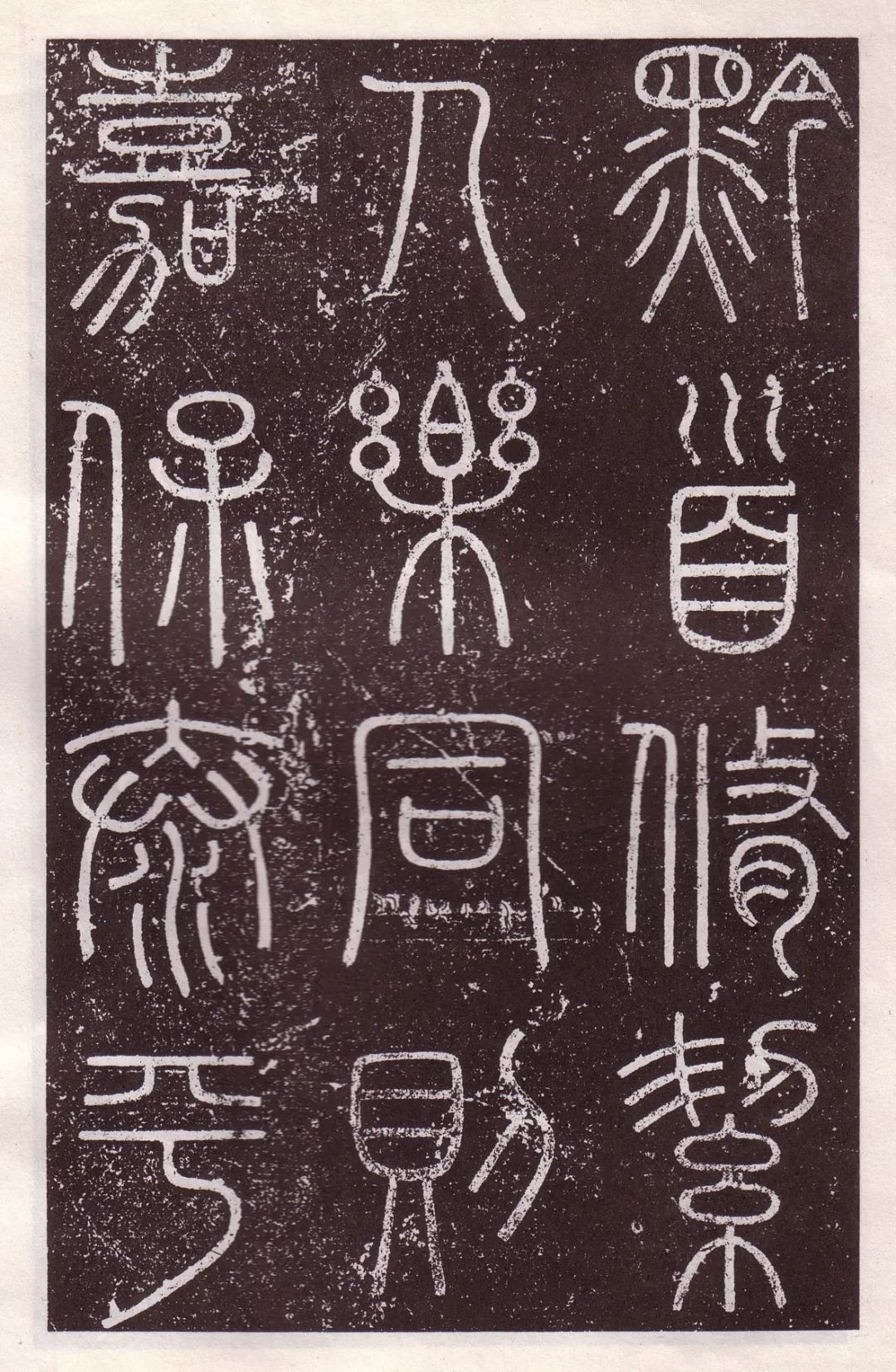
【22】The head of Guizhou is repairing the palace, people are enjoying themselves, and peace is guaranteed.
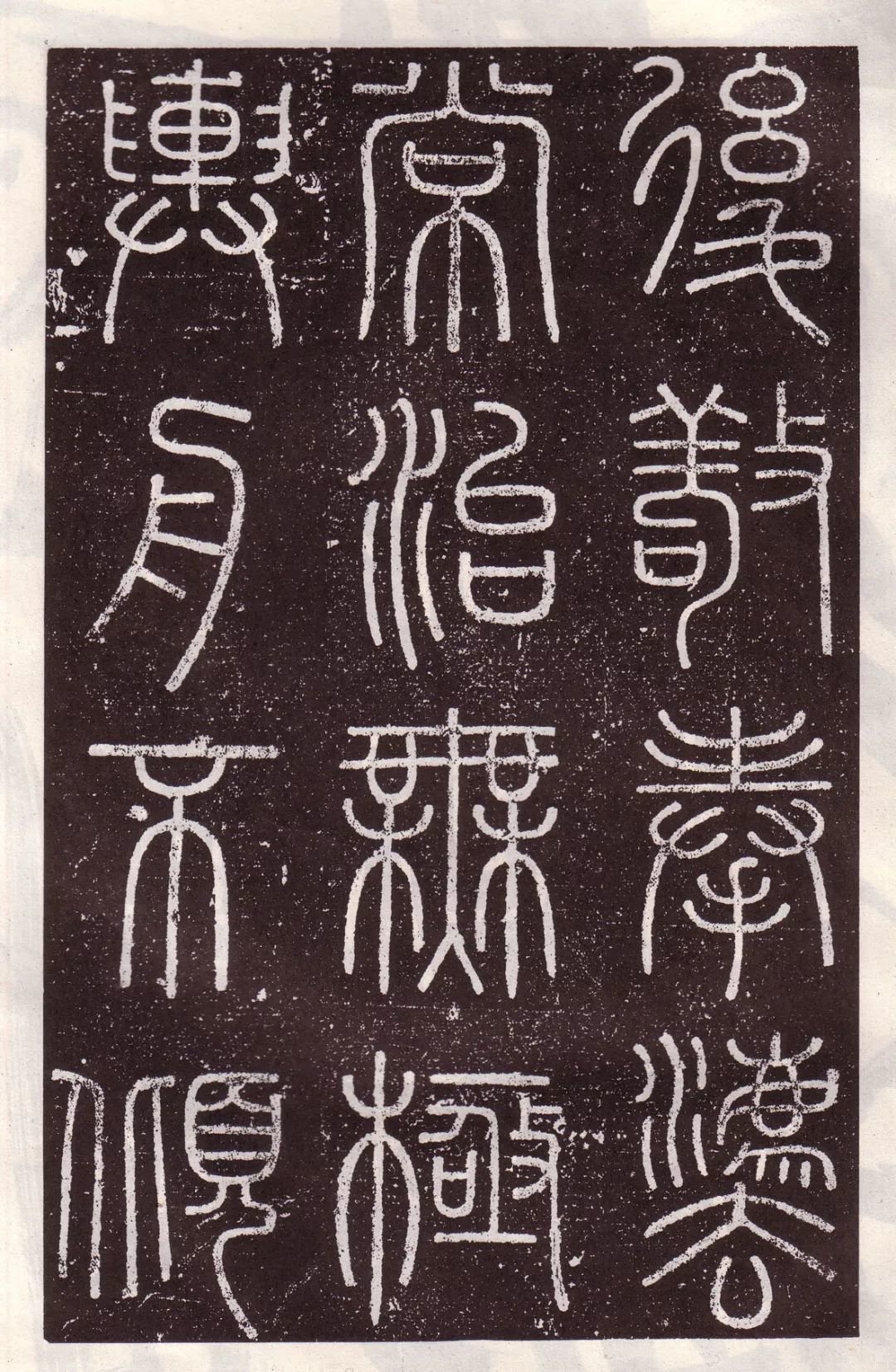
[23] Later, he respected the Dharma, always governed without limit, and never tipped the boat.
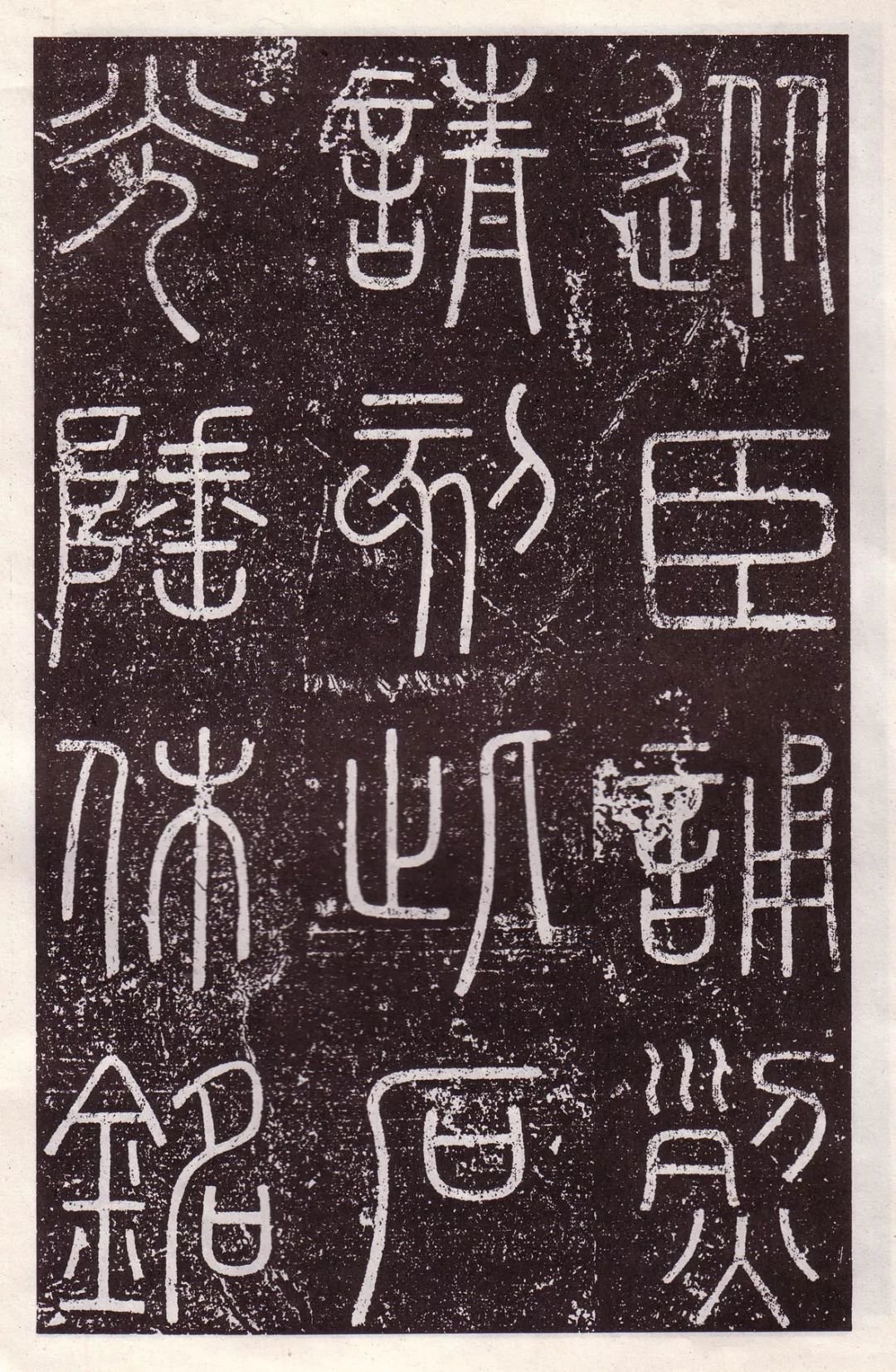
【24】I would like to engrave this stone to commemorate my martyrdom.

